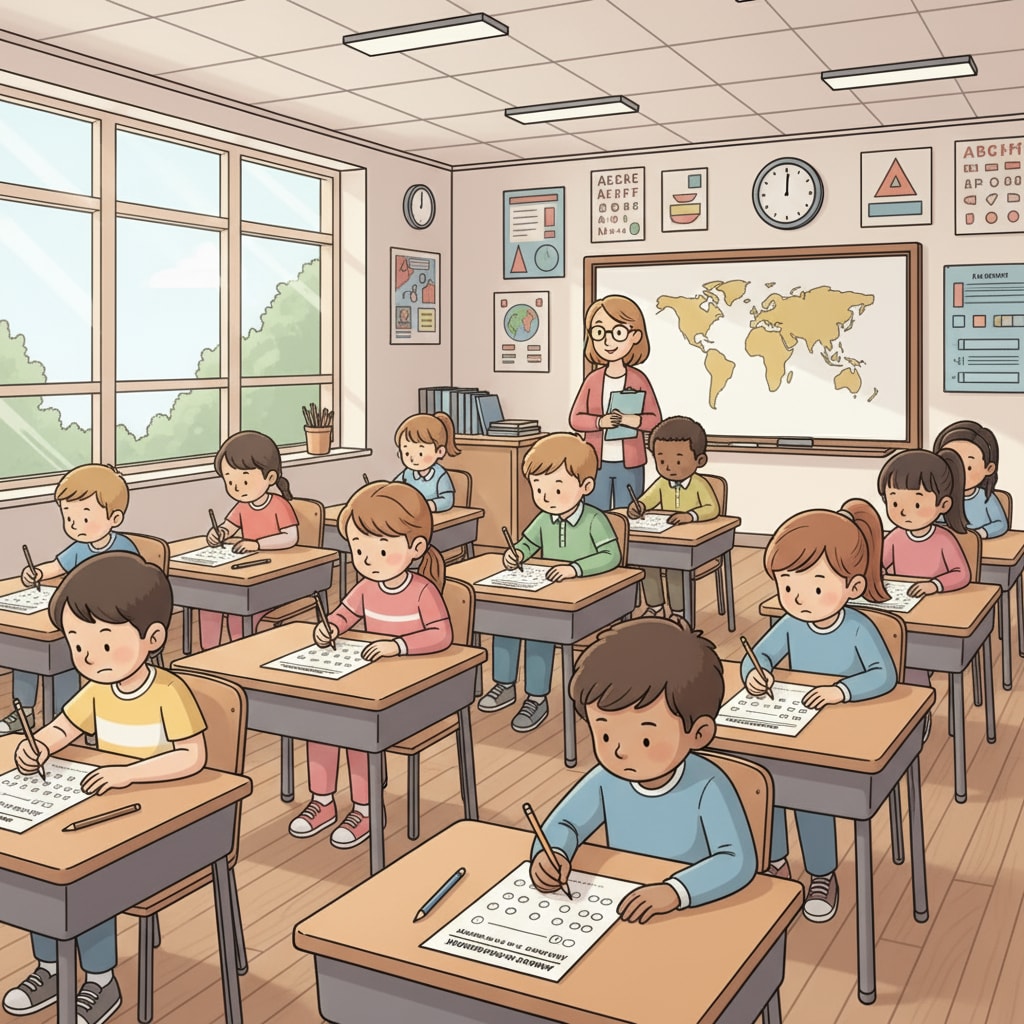Standardized tests, memory, and critical thinking are three intertwined aspects in the realm of education that often spark intense debate. For decades, standardized tests have been hailed as a cornerstone of educational assessment, but do they genuinely measure a student’s learning ability? Let’s take a closer look.

The Dominance of Standardized Tests
Standardized tests have become an integral part of the educational landscape. They are designed to provide a uniform way of evaluating students’ knowledge across different regions and schools. These tests are used for college admissions, grade promotions, and even to evaluate the performance of educational institutions. For example, in the United States, the SAT and ACT are widely recognized college entrance exams. According to Wikipedia’s entry on standardized tests, millions of students take these tests each year in the hope of securing a spot in their desired colleges. However, the question remains: do these tests truly reflect a student’s learning capabilities?
The Memory Factor
One of the major criticisms of standardized tests is their heavy reliance on memory. Many questions in these tests require students to recall facts, formulas, and dates. This focus on memory can be misleading as it doesn’t necessarily indicate a deep understanding of the subject matter. Students may be able to memorize information for the test but fail to apply it in real-world situations.

For instance, a history test might ask students to remember the dates of important events, but this doesn’t assess their ability to analyze historical trends or understand the impact of those events. As a result, students may develop rote learning habits rather than engaging in meaningful learning that fosters critical thinking.
The Neglect of Critical Thinking
Critical thinking, on the other hand, is often overlooked in standardized tests. Critical thinking involves analyzing, evaluating, and synthesizing information to form well-reasoned judgments. But most standardized tests have a limited scope for measuring these higher-order thinking skills. Instead of encouraging students to think creatively and solve complex problems, the tests often reward quick recall and regurgitation of information. According to Britannica’s article on critical thinking, critical thinking is essential for success in today’s complex and rapidly changing world, yet standardized tests seem to miss the mark in assessing this crucial ability.
So, what can be done to address these issues? There is a need to move towards a more comprehensive and balanced educational assessment system. This could involve incorporating a variety of assessment methods such as project-based learning, portfolios, and oral presentations. These alternative methods can provide a more holistic view of a student’s learning, including their critical thinking skills, creativity, and problem-solving abilities.
Readability guidance: As seen above, we’ve used short paragraphs and simple language to enhance readability. Each section clearly presents its main point, and we’ve incorporated external links to reliable sources for further information. By doing so, we aim to make the content accessible and engaging for all readers interested in the topic of standardized tests and their impact on learning.


